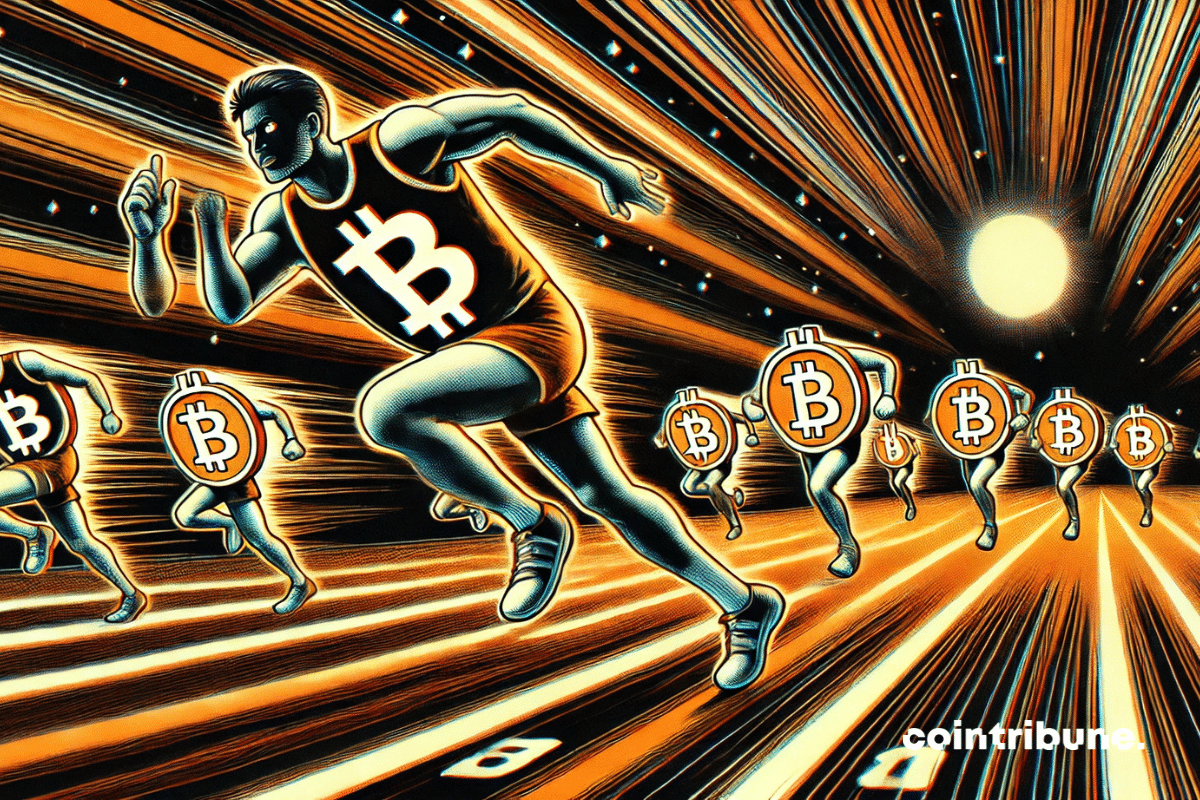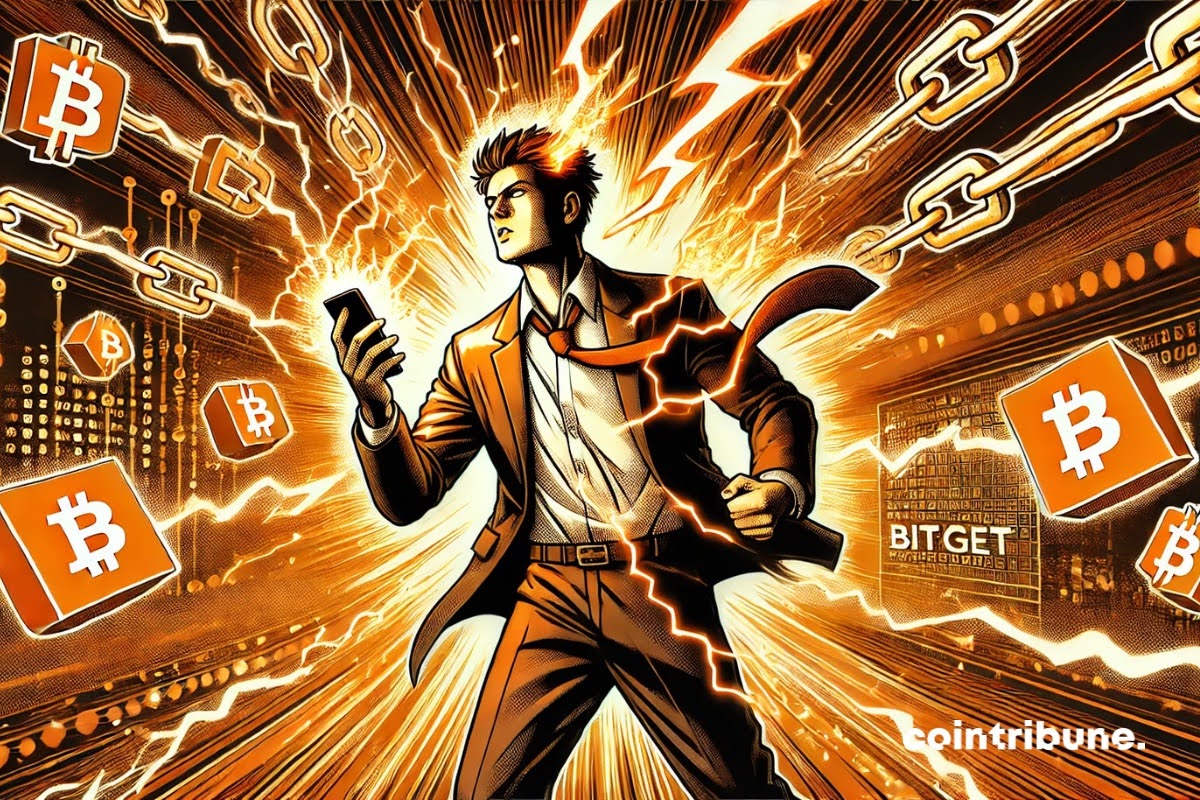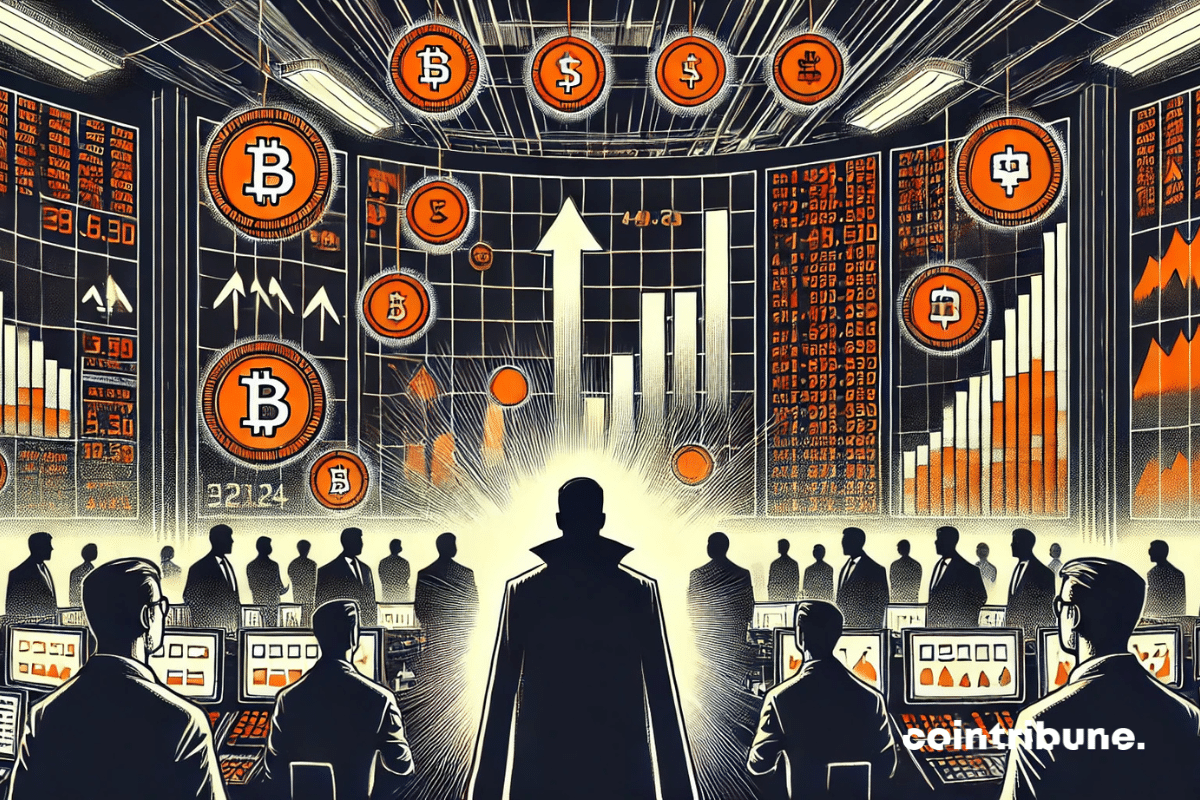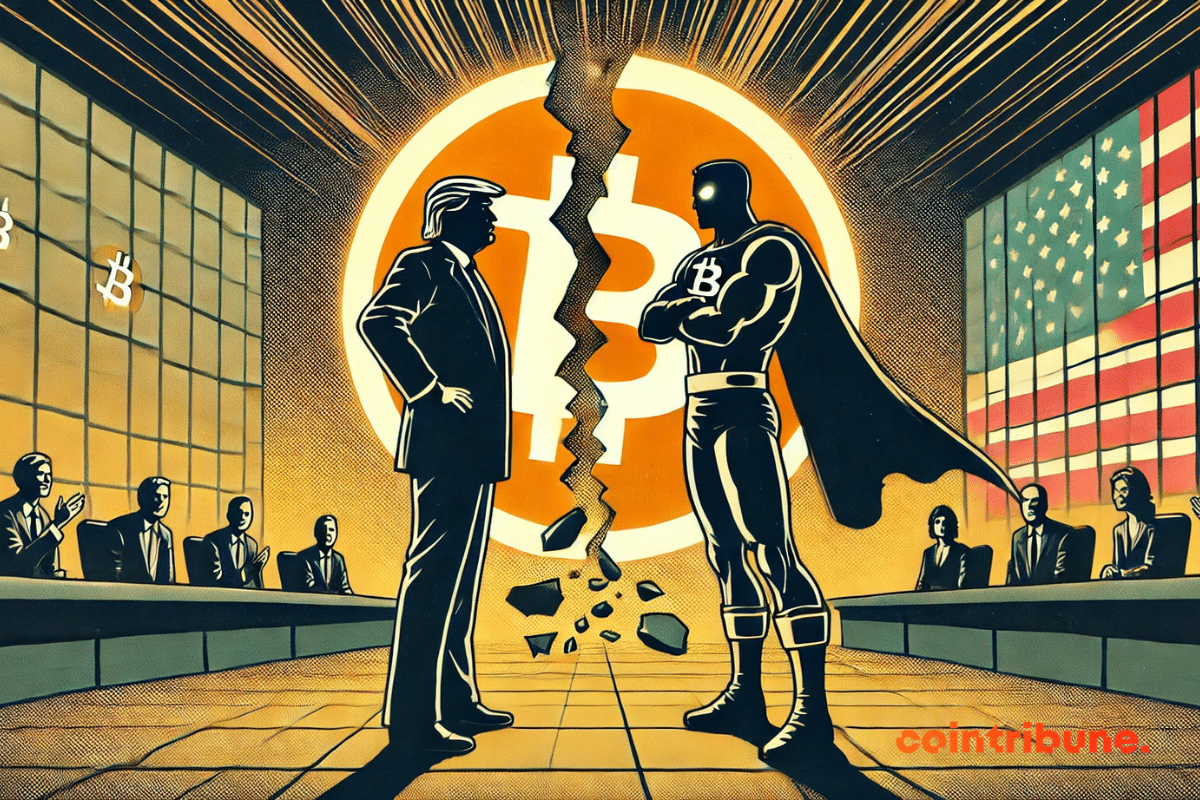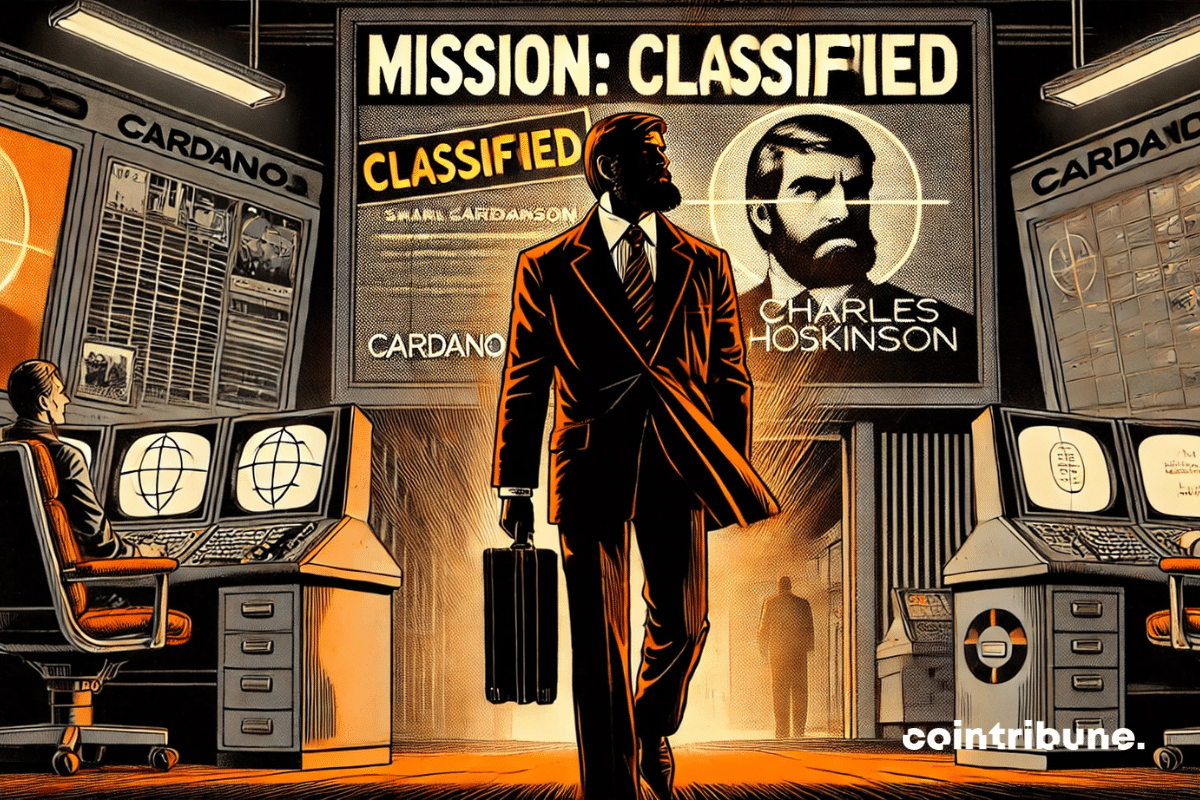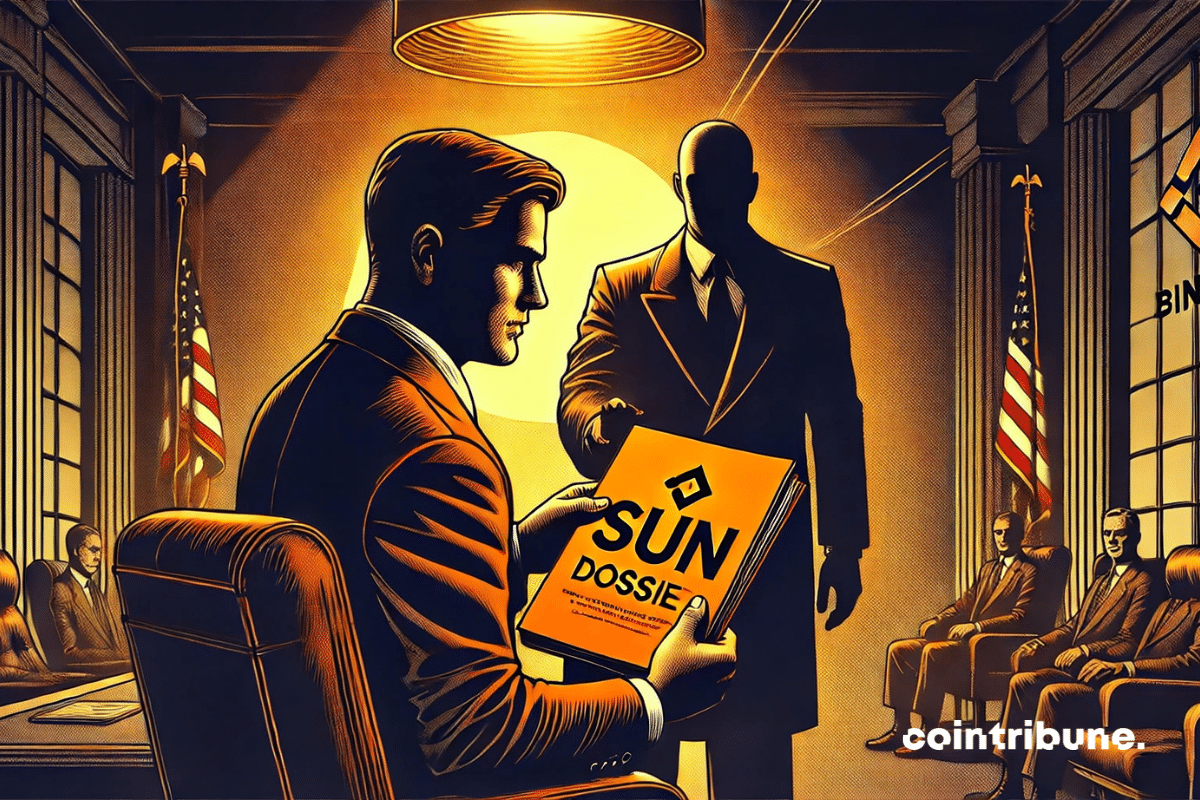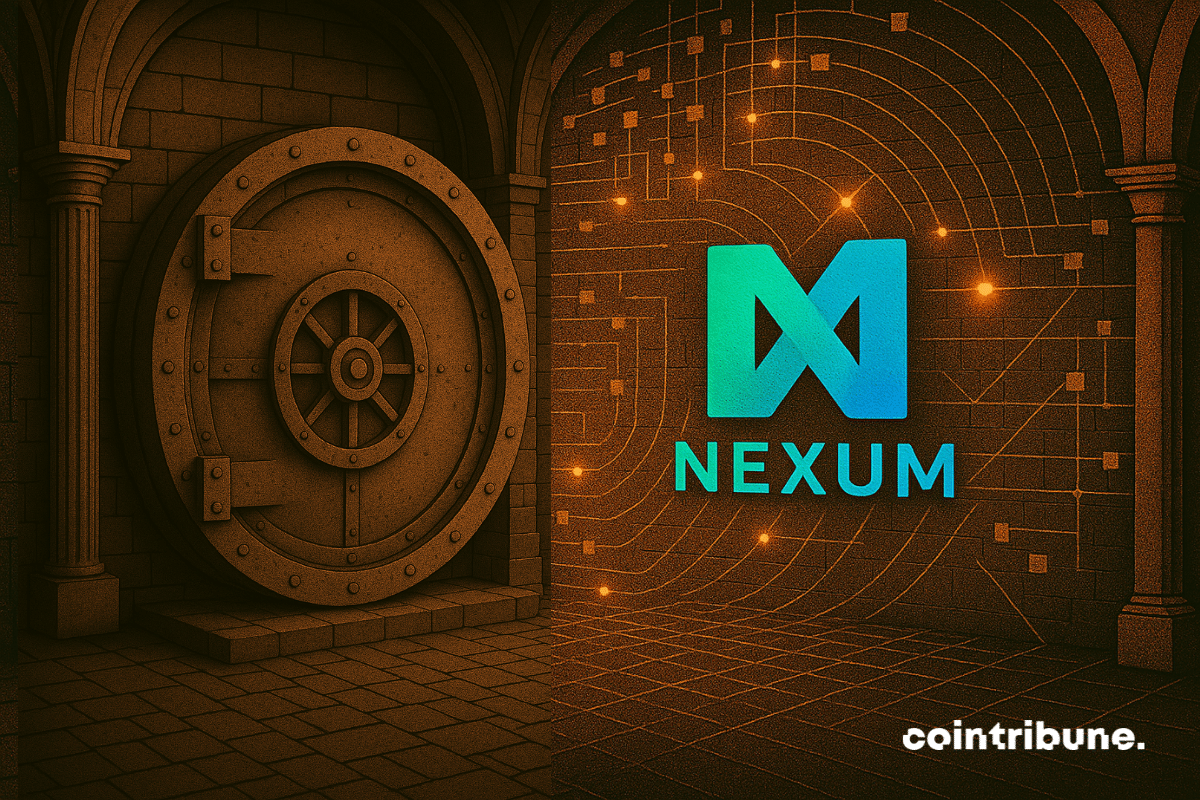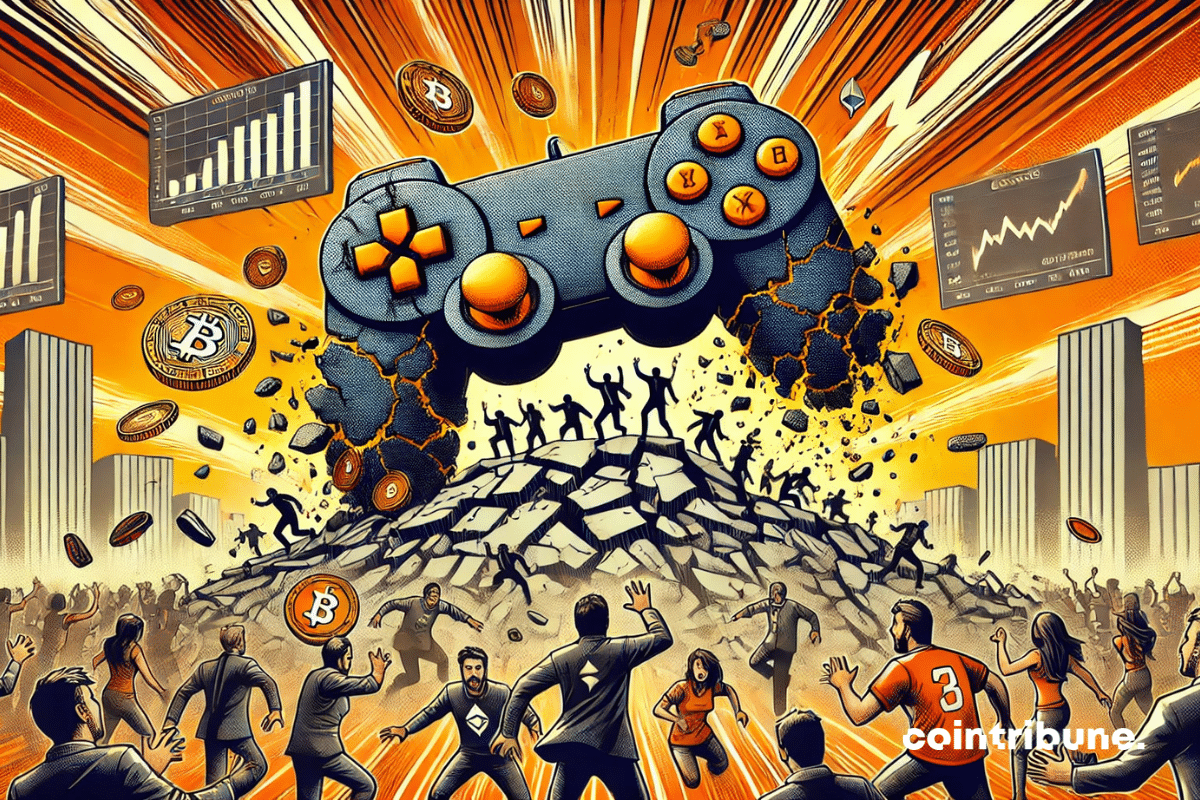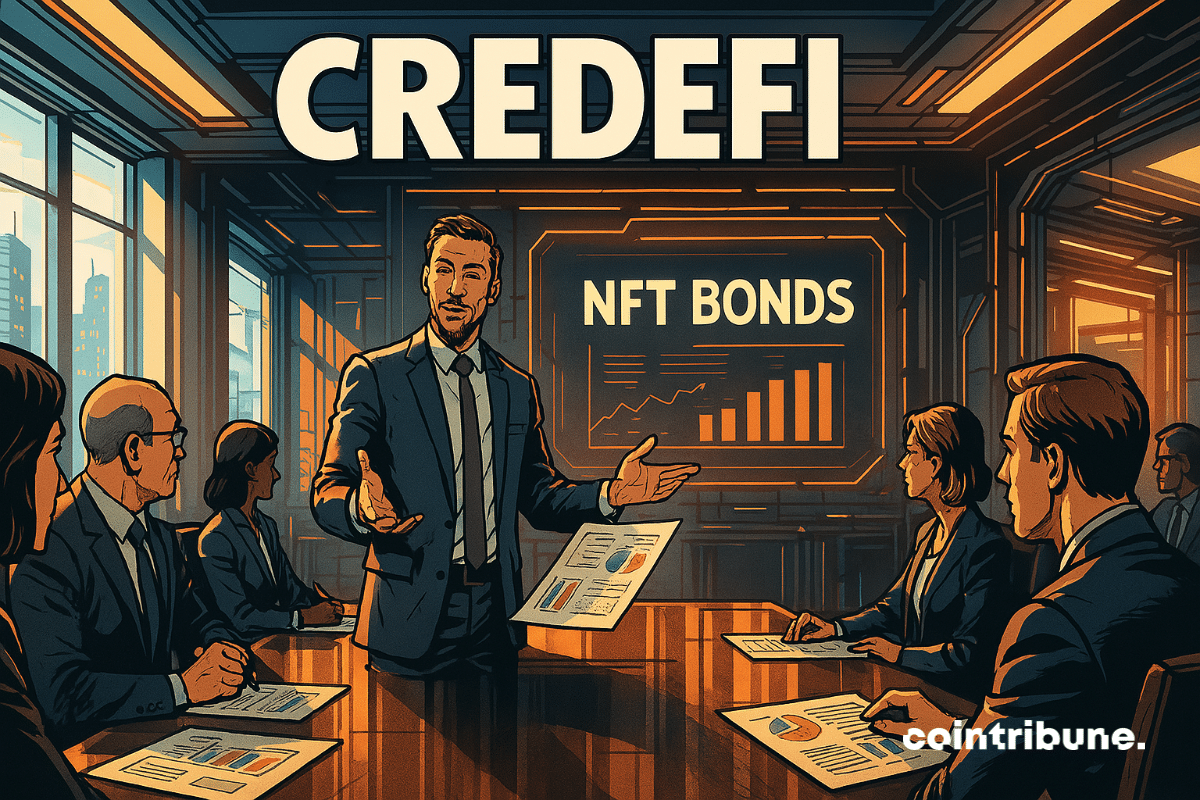Bitcoin's dominance in the crypto market is approaching a historical resistance level that has previously triggered major reversals. According to a technical analysis published on TradingView, BTC's market share could collapse to 40% in the coming months, potentially paving the way for a new altcoin season.
News
Crypto News
When Robert Kiyosaki speaks, the markets listen. The author of "Rich Dad, Poor Dad," an iconic figure in alternative finance, predicts a bitcoin worth 1 million dollars by 2035. In a global climate weakened by debt, inflation, and mistrust towards institutions, his statement fuels debates about the safe-haven value of cryptocurrencies. Prophetic vision or alarmism? The future of bitcoin may already be written between the lines of this announcement.
While the crypto market oscillates without a clear direction, some internal dynamics are stirring tensions. This month, the Pi Network project is preparing to inject a massive amount of tokens into the market. This operation is being closely watched, as its scale could worsen the selling pressure on the price of Pi, an already fragile asset. The chosen timeline, combined with alarming technical signals, outlines a scenario to be monitored very closely.
Exchange News
Finance News
While the United States tightens its tariff arsenal, the rest of the world is organizing itself. Thus, the BRICS bloc attracts economies seeking strategic independence. Breaking away from the established monetary order, this alliance is reshaping trade routes and weakening the dollar's dominance. A silent but structural shift is underway.
The Bank for International Settlements (BIS) has just issued an unprecedented warning: cryptocurrencies and decentralized finance (DeFi) may have crossed a critical threshold, threatening global financial stability. Behind this observation lies a paradox. While the crypto ecosystem prides itself on democratizing finance, according to the BIS, it could amplify inequalities and create unexpected systemic risks. Between massive adoption, shaky regulation, and contagion effects, here is an analysis of a warning that is shaking the markets.
Stock tokenization, still a modest segment, could experience spectacular expansion in the coming years. According to several industry leaders, this market is expected to surpass $1 trillion in market capitalization in the medium term, driven by growing institutional interest.
People News
Tech News
In a world where information often blends with misinformation, Telegram, the encrypted messaging app, found itself at the center of an unprecedented controversy. While France claims to have forced the platform to comply with European regulations following the arrest of its founder, Pavel Durov turns the accusation around: according to him, it was the French authorities who delayed implementing the procedures stipulated by the EU. A rhetorical duel that reveals deeper tensions over the control of tech giants.
In the bustling city of Dubai, a company named Nexum has been quietly working behind the scenes for years to build a solution that could revolutionize global financial management. With blockchain technology at the core of its approach, Nexum's mission is to bridge the gap between traditional financial systems and the decentralized future. Its goal: to offer solutions that are both innovative and tailored to the real needs of industries such as maritime transport, trade finance, and commodities. As global economies face inefficiencies and regulatory challenges, Nexum's blockchain-powered solutions provide a pathway to a future where financial transactions are faster, more secure, and more inclusive.
Paris Blockchain Week, Europe's premier blockchain and Web3 event, wrapped up its sixth edition at the iconic Carrousel du Louvre, setting a new standard for industry gatherings. The event was a resounding success, drawing over 9,600 attendees from 95 countries, including an impressive 67% C-suite executives, demonstrating the strategic significance of blockchain across global business leadership.
